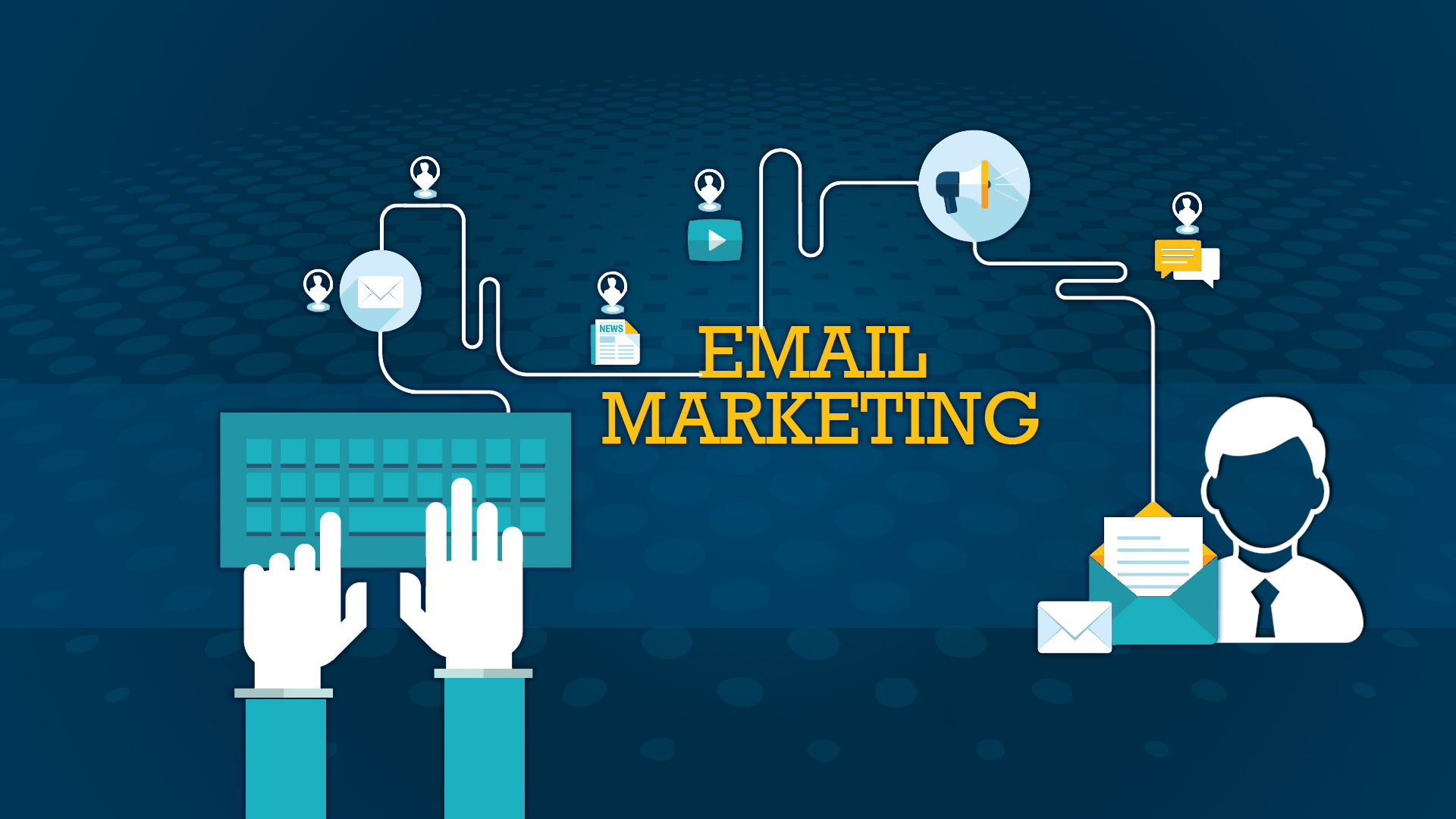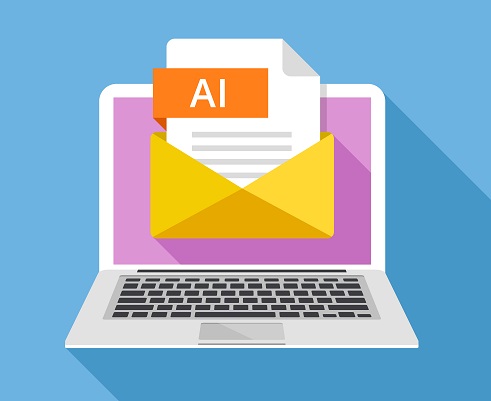Hello!
 With the rise of e-commerce worldwide, marketing on the digital platform is taking on a new dimension.
With the rise of e-commerce worldwide, marketing on the digital platform is taking on a new dimension.
E-commerce offers businesses opportunities that go beyond their geographical borders. The sheer volume of data generated demands a new approach to marketing strategy to maximize these potential benefits.
Marketing automation will have to take precedence and especially in email marketing if businesses hope to exploit the vast consumer data they collect.
Email marketing has been a key component of companies’ market reach and has been around for some time. Marketers can leverage online consumer behavior to send targeted emails and automate this process with AI and automation. This is how big data and AI, and email marketing are changing the game.
Predictive analytics
Smart marketing is about taking the right actions at the right time and to the right people. Marketers need to use predictive analytics to efficiently process the data and market intelligence in their CRMs. By use of predictive analytics and artificial intelligence, the marketer gains actionable insights based on customer behavior.
 These insights allow the company to make faster decisions and target specific customers with relevant messaging. The company can expect positive reception if the customer can feel recognized on a personal level through personalized messaging.
These insights allow the company to make faster decisions and target specific customers with relevant messaging. The company can expect positive reception if the customer can feel recognized on a personal level through personalized messaging.
Marketers can use AI to gain a deep understanding of customers’ buying habits and predict their future needs. This allows them to send targeted marketing emails.
Send time optimization
Time is business money. This concept applies to your timing for product launches, sales promotions, and market outreach. If you launch your business efforts at the right time, the process will be flawless and receive better market reception.
Similarly, send time optimization (STO) in email marketing efforts is key if you hope to make contact at the right time for a favorable response.
 It’s easy to analyze individual customers’ behavior using AI and big data to determine the best times to interact with them.
It’s easy to analyze individual customers’ behavior using AI and big data to determine the best times to interact with them.
This insight can be used to automate scheduled email messages to customers. AI is the best tool for handling large amounts of data and executing what can be done quickly and accurately, including STO options.
Optimizing email subject lines
The open rates for your email can be determined by the subject line. This can make it unreadable or give you a fresh lease of life. An email subject line that is not well written can be easily sent to spam and get deleted faster than an annoying pop-up.
Artificial intelligence is the only way to increase clicks, opens, and, ultimately, revenue.
AI uses data to improve any task it is given to achieve faster and more precise results than humans can in similar circumstances. Send the machine samples of successful email subject lines and brand guidelines to help it generate winning lines.
After being analyzed, the AI will create email subject lines that guarantee close-to-perfect rates of opens, clicks, and conversions. This will increase revenues.
Personalized email messaging
 A personalized email will have higher open and click-through rates than a stock email. It also achieves its intended purpose of possible conversion faster than a generic email.
A personalized email will have higher open and click-through rates than a stock email. It also achieves its intended purpose of possible conversion faster than a generic email.
To personalize an email, a marketer uses customer information gathered on big data to understand their location, demographics, and preferred products.
These insights allow you to create emails that speak directly to your customers and rouse their interest in your products.
Artificial intelligence is the key to this unique marketing strategy. This can only be achieved by leveraging large data held in the CRMs of many companies. For successful marketing campaigns, it is important to be able to recognize the behavior traits of customers across cultures and countries.
Correct content creation
 Personalization in email marketing goes beyond creating a subject line that attracts customers. The email body is crucial in communicating the correct information about your product and converting customers. Poorly written or poorly formatted content can reflect a poor brand image and hinders communication.
Personalization in email marketing goes beyond creating a subject line that attracts customers. The email body is crucial in communicating the correct information about your product and converting customers. Poorly written or poorly formatted content can reflect a poor brand image and hinders communication.
Natural language software can be used to generate the correct content for each product and customer based on their behavior traits.
AI uses user-generated content analysis and social media content evaluation to determine what content is most popular with your target audience. Then, it generates the content automatically.
Using intelligent segmentation
 It can be tempting to send one mass email to everyone when you have many customers. This approach will result in many email messages that are not suitable for all recipients and are a waste of time. A good solution to this is to segment groups of customers with near similar needs together for successful cluster emails.
It can be tempting to send one mass email to everyone when you have many customers. This approach will result in many email messages that are not suitable for all recipients and are a waste of time. A good solution to this is to segment groups of customers with near similar needs together for successful cluster emails.
AI can be used to create the right segmentation using customer data analysis without the limitations of manual processes.
AI automates the process of personalizing and adapting campaigns to each segment. AI will continue to revise the variables to adjust marketing campaigns to current circumstances.
Faster and superior metrics
 Every marketer or company executive needs to know the return on investment of marketing campaigns to assess performance.
Every marketer or company executive needs to know the return on investment of marketing campaigns to assess performance.
You need reliable metrics that are accurate and efficient, as there is so much happening in different areas. AI improves the multivariate aspect of A/B testing and provides superior metrics to convert ratings.
AI testing offers a wider range of insights than traditional A/B testing. This is an advantage. AI offers multivariate testing to provide comprehensive results.
Conclusion
If a business wants to be successful in global e-commerce, it must adopt big data and artificial intelligence to build strong relationships with customers. These platforms provide insights that enable digital marketers and business executives to make informed decisions.
Thank you!
Subscribe to our newsletter! Join us on social networks!
See you!






